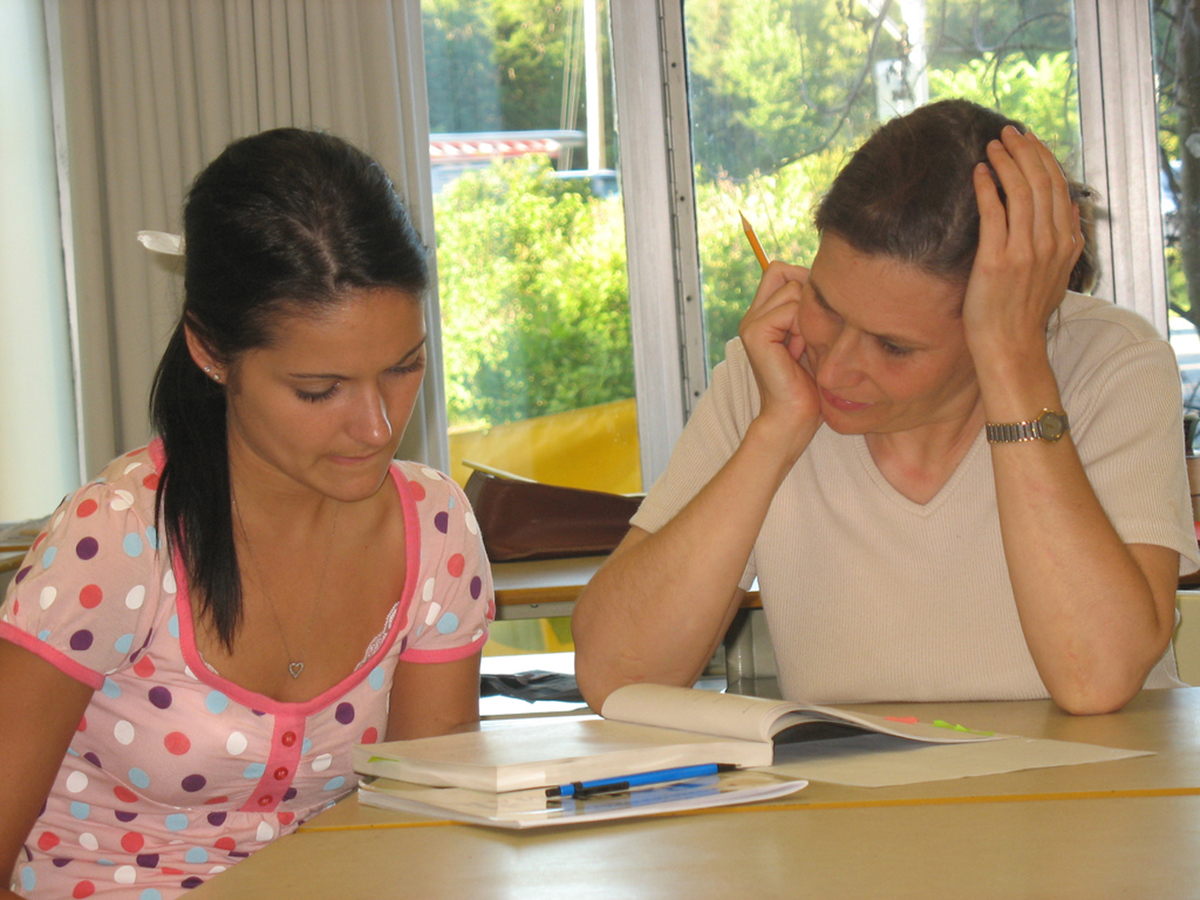Table of Contents
Some people are concerned about the psychological impact homeschooling might have on children. We'll get there in a while. Parents who are considering homeschooling should also examine how this decision could impact their own mental health — which, in turn, affects their kids' mental health.

Parents: Look After Yourself, Too
Is homeschooling hard on a parent's mental health? I asked Amy, the editor of Home/School/Life magazine, this question. "I think it is," she admitted. "It's also pretty wonderful in lots of ways, but taking the reins of your child's education feels like a big responsibility, because it is a big responsibility."
She added: "It's easy to worry all the time. I also think homeschooling can be hard on a parent's social network — I don't know many homeschooled kids who don't have active social lives, but I know a lot of homeschooling parents who have felt lonely or isolated, especially when they first start homeschooling. Studies show that parenting can be hard on your mental health, so I'd think that goes doubly for homeschoolers, who — whether they work outside the home or stay at home — are the ultimate full-time parents."
Parents with perfectionist tendencies are at risk of burning out, especially if their plans don't work out exactly how they had hoped — something that will happen. The feeling of isolation a parent may experience can be overcome, and it's not a universal experience by any means: as homeschooling is becoming more popular, it's easier to connect with other homeschooling parents. Other people are also far less likely to raise eyebrows because of your educational choices.
There are other potential challenges as well. It is, I think, important that the homeschool parent truly enjoys homeschooling. I appreciate the fact that no day is the same, and that educating my children is something that does stimulate me intellectually. Every step of the way has been exciting. I felt great when my first child read her first (simple) book all by herself, and when she mastered all her multiplication tables, and the first time I caught her reading a book in the middle of the night. Now that she is a little older, having meaningful conversations — about the Roman Empire, and her friends, and piercings, and climate change — is a lot of fun as well.
Mentally, you may never truly get a break from homeschooling. That is why it's so important to ensure that you do have a social life of your own, and that your partner is very supportive of what you're doing. Remember: public school teachers and children get breaks sometimes. Don't forget to do the same thing.
Is Homeschooling Bad For A Kid's Mental Health?
As a homeschool parent, I can say that I am absolutely certain home education itself is not bad for a child's mental health. My children are thriving, both academically and socially. They have the freedom to be themselves and are not subjected to peer pressure in the same way their public schooled friends are. The greater degree of autonomy they enjoy adds to their confidence.
Were we ever to end up in a situation where the kid's needs cannot be met in a homeschool setting, we do know that homeschooling isn't a "life sentence". We are free to choose a different option should that different option ever make more sense. As the children get older, they become active participants in the decision-making process as well.
Do some homeschooled children find themselves in abusive family situations? Absolutely. The Coalition for Responsible Home Education (CRHE) was founded by a group of formerly homeschooled people who were also raised in abusive situations that included educational neglect, physical abuse, sexual abuse, and just plain bad parenting. These people mainly hail from what could be described as the "Christian patriarchy movement", a fringe movement that promotes wifely submission, physical punishment, and fewer educational choices for women.
However, abuse happens in all kinds of families and we — society — should never close our eyes to it, whether it comes in the form of peer-on-peer bullying, educational neglect in any setting including public schools, abusive parenting, limiting girls' education, or in any other form. This is something we should be addressing on a political level.
See Also: Children Who Exercise Perform Better In School
- Photo courtesy of Carissa Rogers by Flickr : www.flickr.com/photos/goodncrazy/5376076281
- Photo by steadyhealth.com
- Photo courtesy of Maxime Mc Duff by Flickr : www.flickr.com/photos/maximemcduff/799032840

